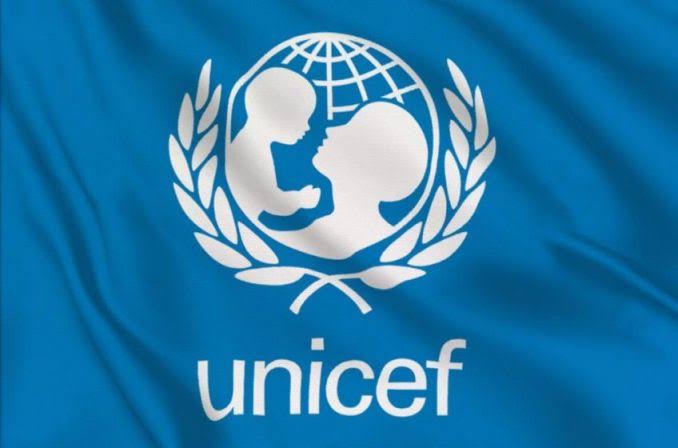By Iyemah David
The United Nations Children’s Fund (UNICEF), has released a new study detailing the devastating economic impact of the ongoing conflict in Northeast Nigeria to date is around $100 billion, and even if the conflict were to cease today, costs would continue to accumulate.
The study emphasised the importance of treating the conflict as a nationwide impediment to development, with swift interventions to stop violence and grave violations having significant development pay-offs.
It highlighted the indivisibility of human rights, particularly the rights of children, and the long-term detrimental impacts of violations on individuals and society as a whole.
It also acknowledged the challenges of estimating the economic cost of the conflict, including the need to take into account country-specific factors and the specific characteristics of the conflict, but noted that the results were conservative and could be further amplified if a more ambitious counterfactual were assumed.
Governor Babagana Zulum of Borno State, on Wednesday in Abuja, at the launch of the Economic Cost of Conflict in Northeast Nigeria Report, said that the economic cost of armed conflict in North East Nigeria was not just a collection of financial data, but a depiction of the impact of armed conflict on the affected population.
The Governor who was represented by his Chief Adviser, Ambassador Adamu Abbas said that he has witnessed the suffering, resilience, and determination of the people, and emphasised that the report’s findings should guide the country towards understanding, compassion, and concerted action.
He called for a robust, multisectoral approach that places children’s dignity, health, education, and well-being at the forefront of our efforts.
The Governor recognised the challenges but sees the report as a pathway to recovery, resilience, and growth.
He thanked UNICEF for their contribution to understanding the conflict’s impact and urged that the report should not just be a document of record, but a catalyst for meaningful, lasting progress in the region.
Speaking on the report, the UNICEF Representative in Nigeria, Ms Cristian Munduate stated, “The data collected brings a harrowing reality into sharp focus. This isn’t merely a localized issue; the economic and social repercussions of this conflict are felt nationwide and beyond.
“However, the greatest tragedy lies in the impact on our children – their disrupted education and the violation of their basic rights are losses that cannot be quantified.”
Munduate further highlighted the potential long-term consequences of the ongoing conflict: “Even if we anticipate a reduction in conflict effects over the next ten years, the Nigerian economy still faces profound cumulative losses.
“The ‘scarring’ effect of this drawn-out conflict may inhibit the economy from achieving its full potential, putting the nation’s future prosperity in jeopardy,” calling for swift and unified action to end the conflict, she emphasised,
According to her, the time to act is now. The future of our children and our nation’s economic growth is at stake. We must prioritise peace and the protection of children’s rights to ensure a brighter future for Nigeria.
She said that each statistic in the report represents a child, a future, a hope.
“Beyond the staggering figures, there is a compelling call to action. We cannot ignore it. The stakes are simply too high,” she said.
The New conflict in North East Nigeria has had immense humanitarian consequences, with grave violations against children and attacks on schools leading to displacement, malnutrition, and lost education opportunities.
These direct effects of conflict have also resulted in long-term economic impacts, with the Nigerian economy being 2.5 per cent smaller than it would have been without conflict, and cumulative losses of around $100 billion.
Even if the conflict were to be resolved, there may be long-term scarring and reduced prospects due to damage to human capital, resulting in slower growth and broader regional spill-over effects.
The report emphasised the need to resolve the conflict for national and regional interests and noted that the estimated economic costs may understate the true impact of the conflict.




